12.09.2018 News
Food Plants Chemistry
Dandelion inulin crystallizes in foods
Researchers from Mainz have found out why the addition of inulin from dandelion changes the texture of food: The colder the mixture, the more it crystallizes.
12.09.2018 News
Food Plants Chemistry
Researchers from Mainz have found out why the addition of inulin from dandelion changes the texture of food: The colder the mixture, the more it crystallizes.
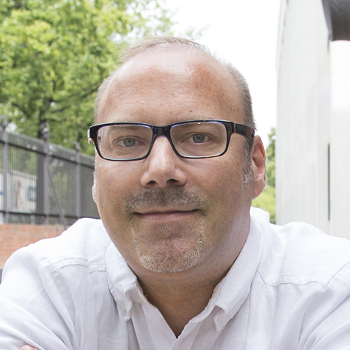
Researcher Profile
Construction Plants Materials sciences
Civil engineer Wolfram Schmidt aims to make concrete a more sustainable building material. Together with African partners, he has developed a bio-concrete based on manioc shells and other agricultural residues. For this achievement, the Federal Ministry of Education and Research has awarded him an innovation prize.
12.09.2018 News
Agriculture and forestry Microorganisms Agriculture sciences
Iron is essential for plant growth and harvest yields. Now, researchers in Jena discovered a new iron transporter that significantly improves the productivity of plants.
13.09.2018 News
Agriculture and forestry Plants Agriculture sciences
For the first time, researchers identified metabolites in above-ground parts of a plant that reveal its symbiosis with mycorrhizal fungi. This will advance targeted breeding endeavors.
13.09.2018 News
Machine and plant engineering Microorganisms Biotechnology/Systems biology
The German biotechnology company AMSilk is partnering with Airbus to develop novel biocomposite fibers for lightweight, high-performance planes that will require less fuel.
18.09.2018 News
unspecific unspecific unspecific
How far has the implementation of the UN sustainability goals come? This and other questions were at the core of a Leibniz Association conference in Berlin in mid-September.
28.09.2018 News
Agriculture and forestry Plants Forestry
The Federal Ministry of Education and Research launched its first funding measure towards the sustainable use of forest wood. This is part of the "Bioeconomy in the North" initiative.
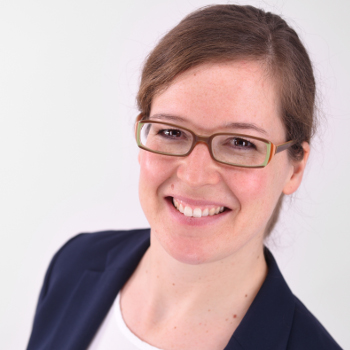
Researcher Profile
unspecific unspecific Bioökonomie mitgestalten
In Kiel, Ruth Delzeit uses models that depict complex economic and environmental relationships to lay the foundations for important political decisions.
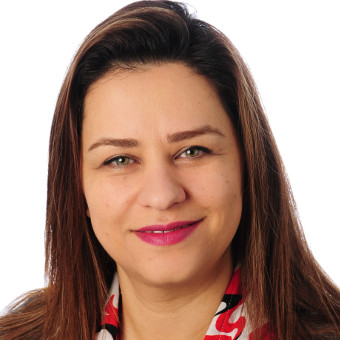
11.10.2018 Interview
unspecific Animals unspecific
Scientific assistant at the GEOMAR Helmholtz Centre for Ocean Research, Kiel, and coordinator of the EU project "GoJelly".
04.10.2018 News
Chemistry unspecific Biotechnology/Systems biology
The Technical University Berlin set up a start-up center for innovative ideas for a more sustainable economy. The advisory board includes high-ranking members from research and industry.
08.10.2018 News
Food Plants Agriculture sciences
For the first time, plant researchers have succeeded in using the CRISPR-Cas genome editing tool to breed a new crop from a wild tomato plant within just one generation.
10.10.2018 News
Food unspecific unspecific
About 500 experts from 70 countries met in Berlin at the beginning of October for the 12th International Working Conference on Stored Product Protection - IWCSPP2018.
05.06.2019 News
unspecific unspecific Chemistry
Max Planck Researchers are working to develop sustainable alternatives for each component of the ecologically problematic electricity storage systems.
07.06.2019 News
unspecific unspecific Biotechnology/Systems biology
Using artificial intelligence, researchers at TU Munich have improved protein analysis on the basis of mass spectrometry data.
12.06.2019 News
Pharmaceutical industry Animals Biotechnology/Systems biology
An international team of researchers has obtained a special variant of pluripotent stem cells from pigs. They hold potential for agriculture and medicine.
11.06.2019 Success story
Energy Plants Bioökonomie mitgestalten
Using the bioenergy sector as an example, Jena researchers are investigating the extent to which the transition process towards a bioeconomy is affecting the existing global social inequalities.
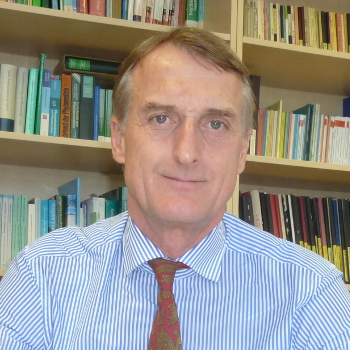
Researcher Profile
Agriculture and forestry Microorganisms Agriculture sciences
The Göttingen agricultural scientist Andreas von Tiedemann is researching plant diseases in order to eliminate fungal pathogens threatening our crops.
13.06.2019 News
unspecific unspecific unspecific
With a total of 8.4 million euros, the European Union is backing a project coordinated by Hamburg University of Applied Sciences that aims to initiate innovations in bioplastics production.
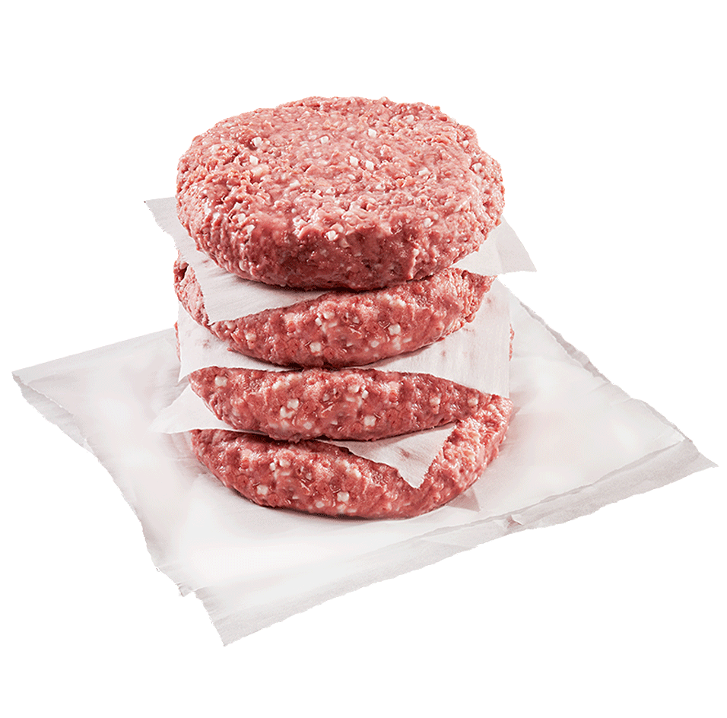
06.06.2019 Product
Food Plants
Love cheeseburgers, but do not want to harm the environment? Now, you can satisfy your craving without eating meat. Plant-based burgers from the USA and Great Britain match the consistency and taste of their animal-based counterparts.
17.06.2019 News
Food Plants Food technology
Pre-packaged salads and sprouts are often microbially contaminated. This is the result of a recent study by the Max Rubner Institute. Unprocessed products, however, came off well.